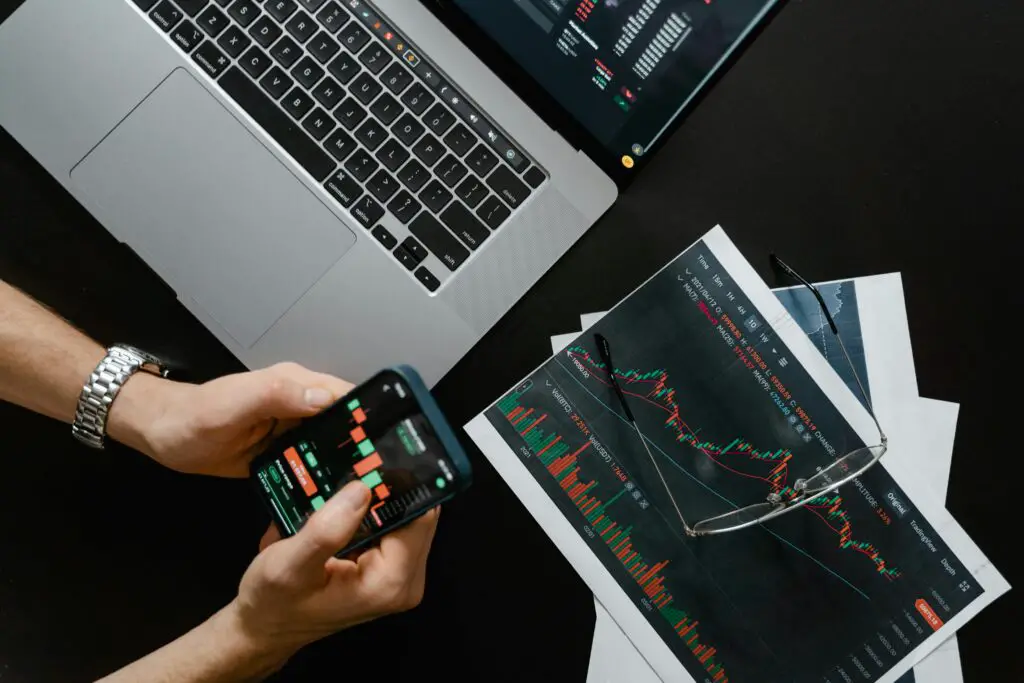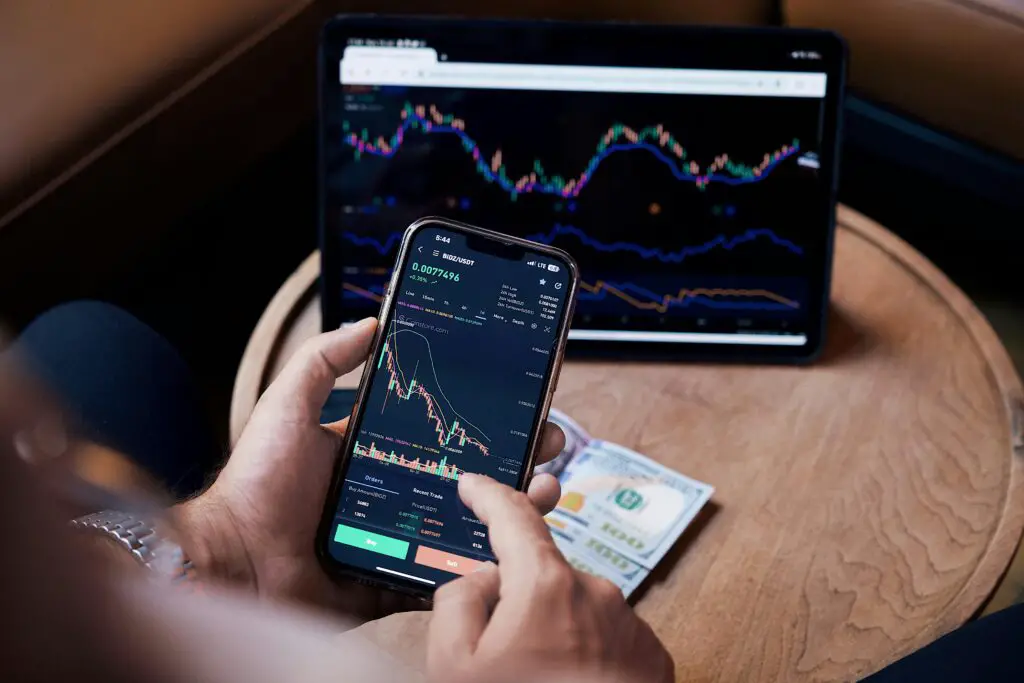A Look at Fundamental Analysis in Forex Trading
Because it helps traders figure out what changes the value of a currency, fundamental analysis is an essential part of fixed trading. This guide will explain why it is important how to use it and the main parts that make it work. Forex trading is a great way to make money in the vast world of stock markets. Traders and buyers come from all over the world to do it. Fundamental analysis is one of the essential strategies and methods because it teaches you more than how prices change and markets work. This in-depth guide looks at the most critical parts of fundamental analysis in Forex trading. These parts include its rules, methods, and valuable information it gives traders who want to make money in the long term in the currency markets.

How to Understand Fundamental Analysis
When you trade Forex, fundamental analysis means taking a close look at the different political, social, and economic factors that affect the value of a currency. Technical analysis looks at price history and trends in charts. A fundamental study, however, looks at what shapes market opinion and long-term trends. Traders use information on global events, central bank policy, and other essential factors to determine how much a currency is worth.
Why fundamental analysis is essential in Forex trading
Fundamental analysis is one of the most essential tools forex traders use to make choices. If traders know the main things that move currencies, they can guess how prices will move in the future and make intelligent buying decisions. Fundamental studies also help traders take less risk and deal with volatile markets by giving them a more extensive market picture.
Important economic signs
To study the Forex market deeply, you must closely examine some critical economic factors. They show how strong and healthy a nation’s business is. Some of the numbers that make up these measures are the gross domestic product (GDP), the rate of a rise in prices, the number of jobs, the trade balance, and the consumer confidence index. Traders can use each indicator to learn about different parts of a market. This helps them spot trends, guess when policies change, and make intelligent trading decisions.
How the central bank works
With decisions about monetary policy, changes in interest rates, and quantitative easing, central banks have much power over the currency markets. Forex traders can learn a lot about how the economy will be run and how the currency may move by keeping an eye on central bank declarations, meeting minutes, and policy comments. Also, what central banks do and say to fix economic problems or stabilize exchange rates can significantly impact Forex trade. This shows how important it is to follow what central banks do and say.
International Events and How People Feel About Risk
In a world economy where everything is connected, political threats and events significantly affect how much money people have and how they feel about it. The Forex markets can be unstable when political unrest, trade disputes, geo alliances, or problems exist. This is because investors constantly review how risky they think the market is and make changes to their portfolios based on that evaluation. Events in politics often impact more than one type of stock as well. This proves how linked global money markets are and how important it is to study fundamental issues.

Market Feelings and How Investors Think
Along with economic and political changes, market mood and investor psychology significantly affect Forex trading. Some helpful mood indicators are the Commitment of Traders (COT) report and different mood polls. They tell us how the market feels, where the extremes are, and when the direction might change. By paying attention to how investors think and how the market changes, traders can find suitable entry and exit points to deal with volatile markets and lower the risks of herd mentality and irrational enthusiasm.
Analysis of and correlations between markets
When dealing with Forex, fundamental analysis looks at more than just the things that move the currency. It also looks at how different asset groups and markets are connected. When currencies, stocks, commodities, and bonds are linked, this is called a cross-asset correlation. This type of connection can tell you a lot about market trends, risk tolerance, and capital flows. Intermarket analysis is a tool that forex traders can use to learn more about the market and help them make better trading decisions.
Management of risk and position size
Traders can learn valuable things about the market from fundamental research. They can make intelligent trades with it but must know how to handle risk well for long-term success in Forex dealing. When the market is terrible, traders can keep their money safe and lower their losses by following sound risk management rules such as placing stop-loss orders, ensuring their positions are the right size, and spreading out their holdings. Traders must also be devoted, stick to their investment plans, and not act on how they feel if they want to manage their risks and find their way around the tricky Forex market.
Strategies for Real-world Application
News Trading: People make money when big economic news and events make the market less stable. Plans of the economy can help traders know what news is coming out soon. They can then trade currency pairs based on what they think will happen and how the market responds.
Long-Term Investing: Basic research is also significant for long-term investment ideas. Investors can set up loans that will last weeks, months, or even years to find low- or undervalued coins.
Correlation Analysis: To do fundamental analysis, you need to know how different groups of assets and currencies are connected. Traders can use correlation analysis to find opportunities to spread out their stocks and better manage portfolio danger.
In conclusion
A big part of the foreign exchange market is financial evaluation, which helps traders understand how markets and countries work and how things happening around the world affect the value of currencies. To get ahead in the Forex market, traders should carefully study key economic signs, central bank policies, geopolitical issues, and how the market feels. This will help them trade in ways that take advantage of new chances and keep risks under control. Ultimately, it would help if you had information experience and hard work to become an expert in fundamental analysis. However, once you are good at this vital part of Forex dealing, it will help you in many ways.

